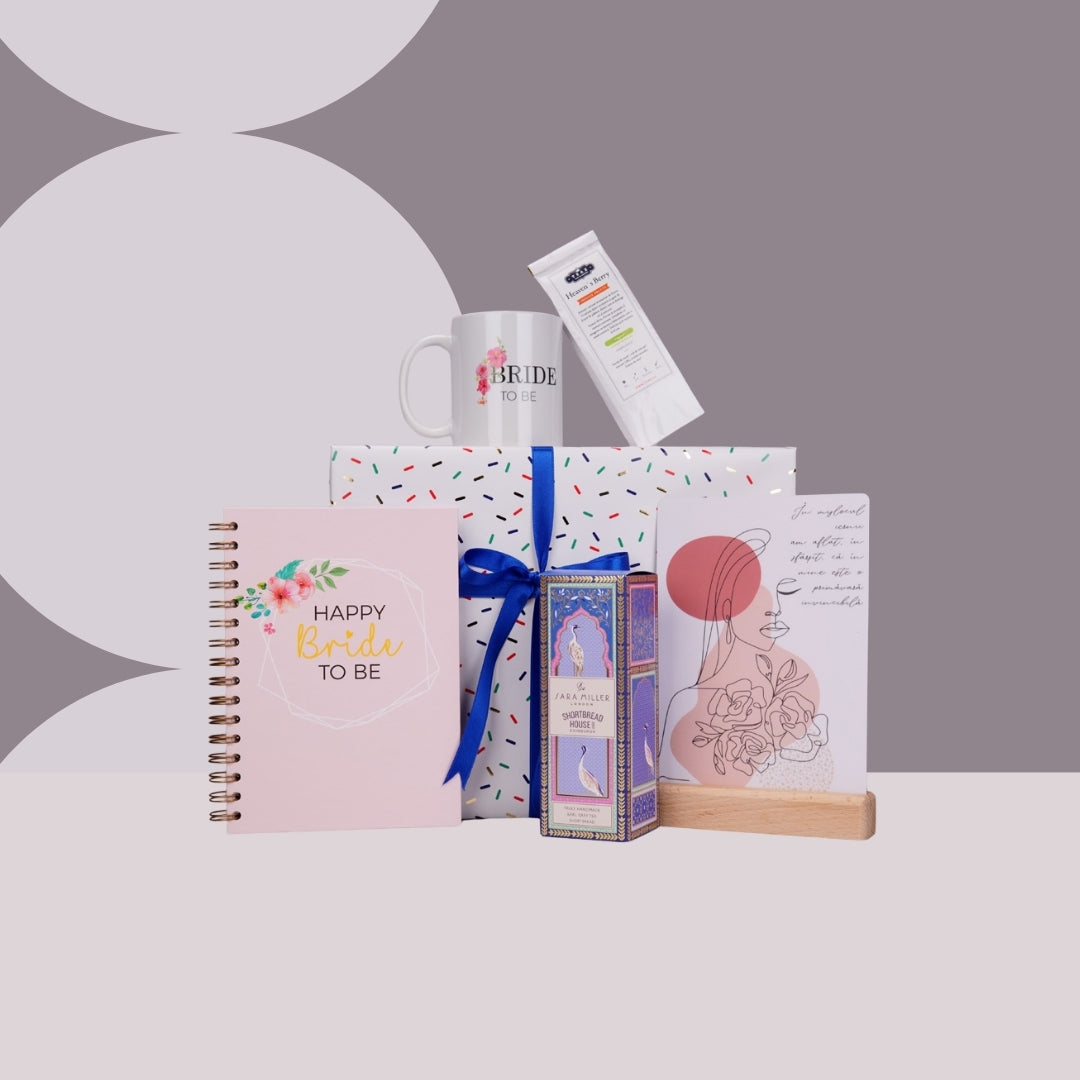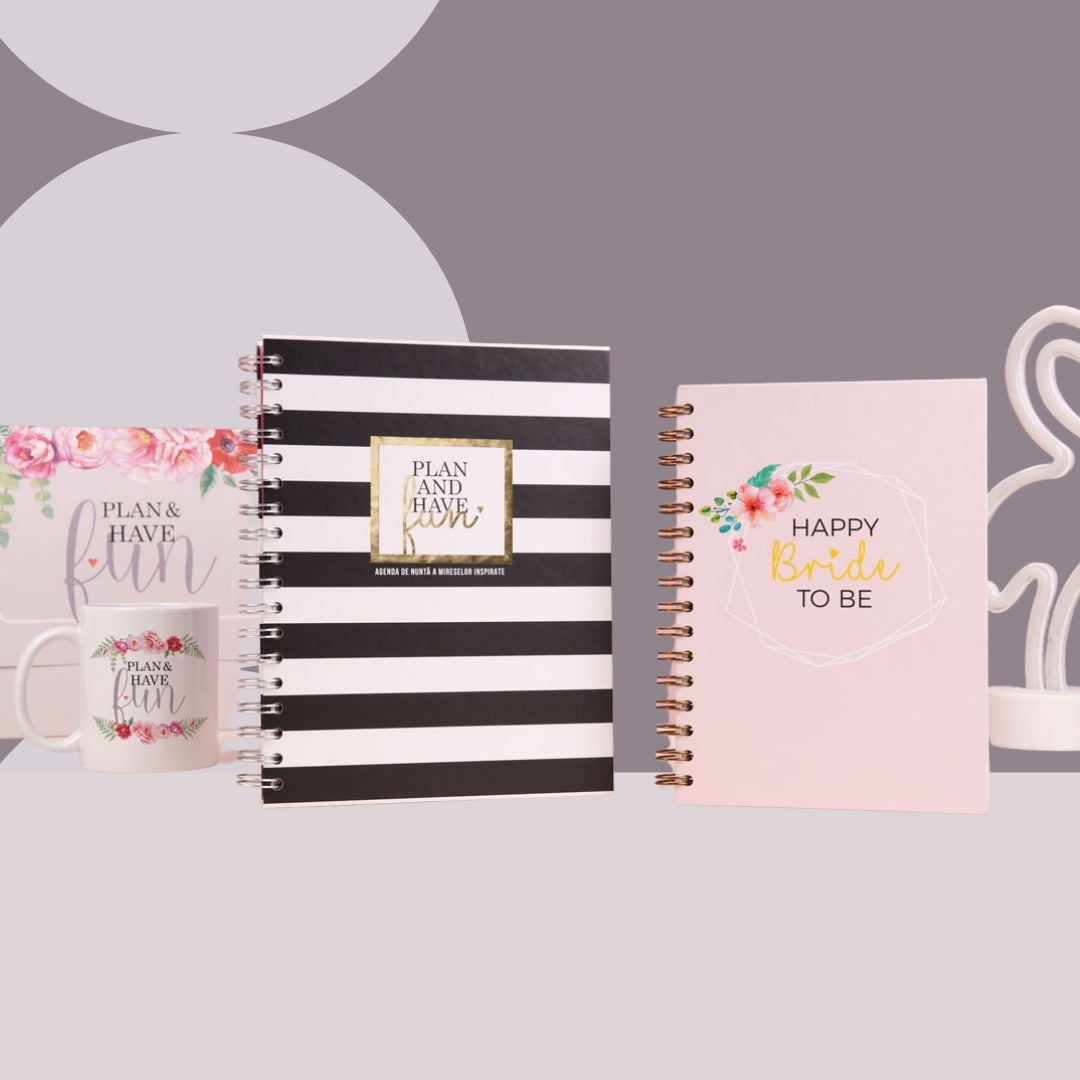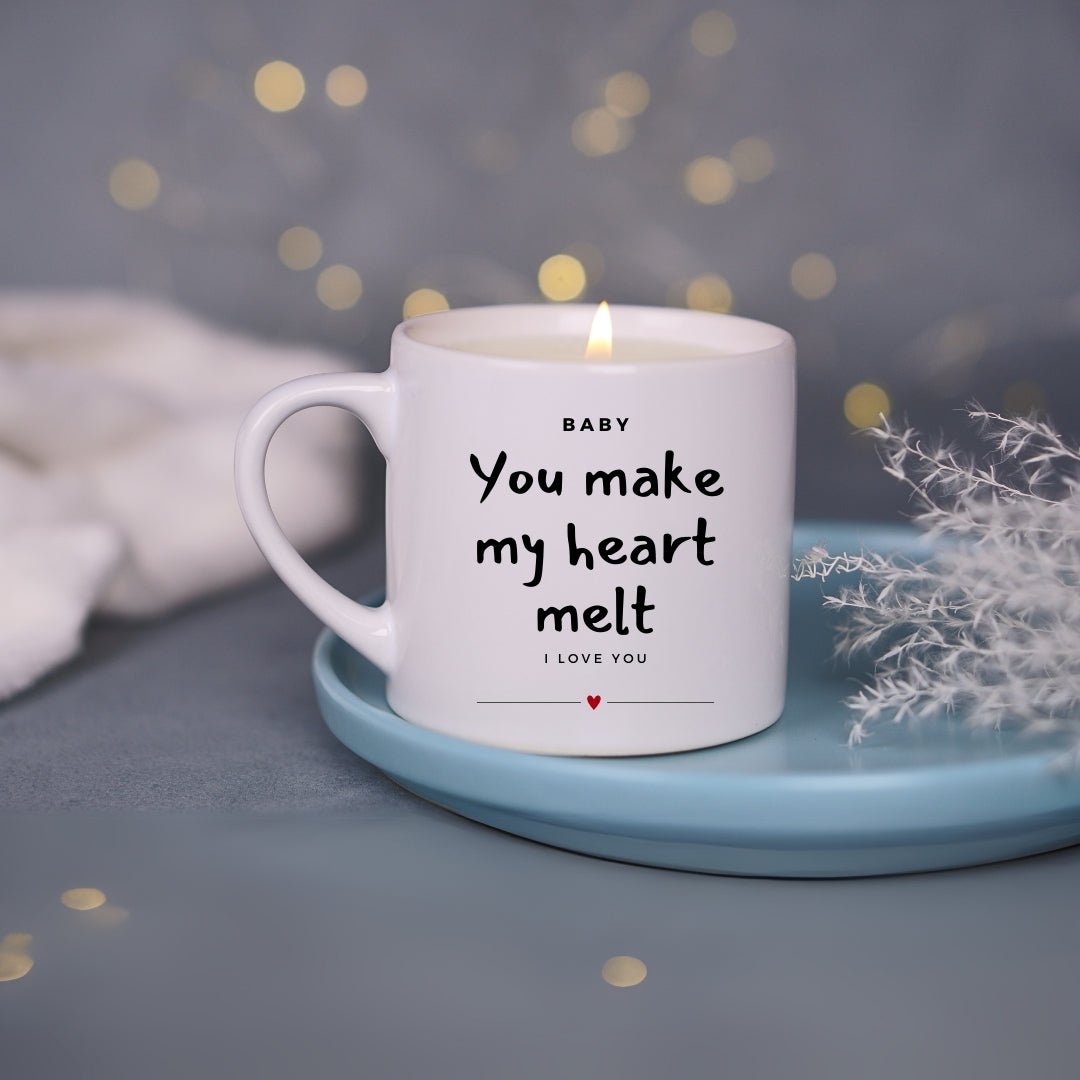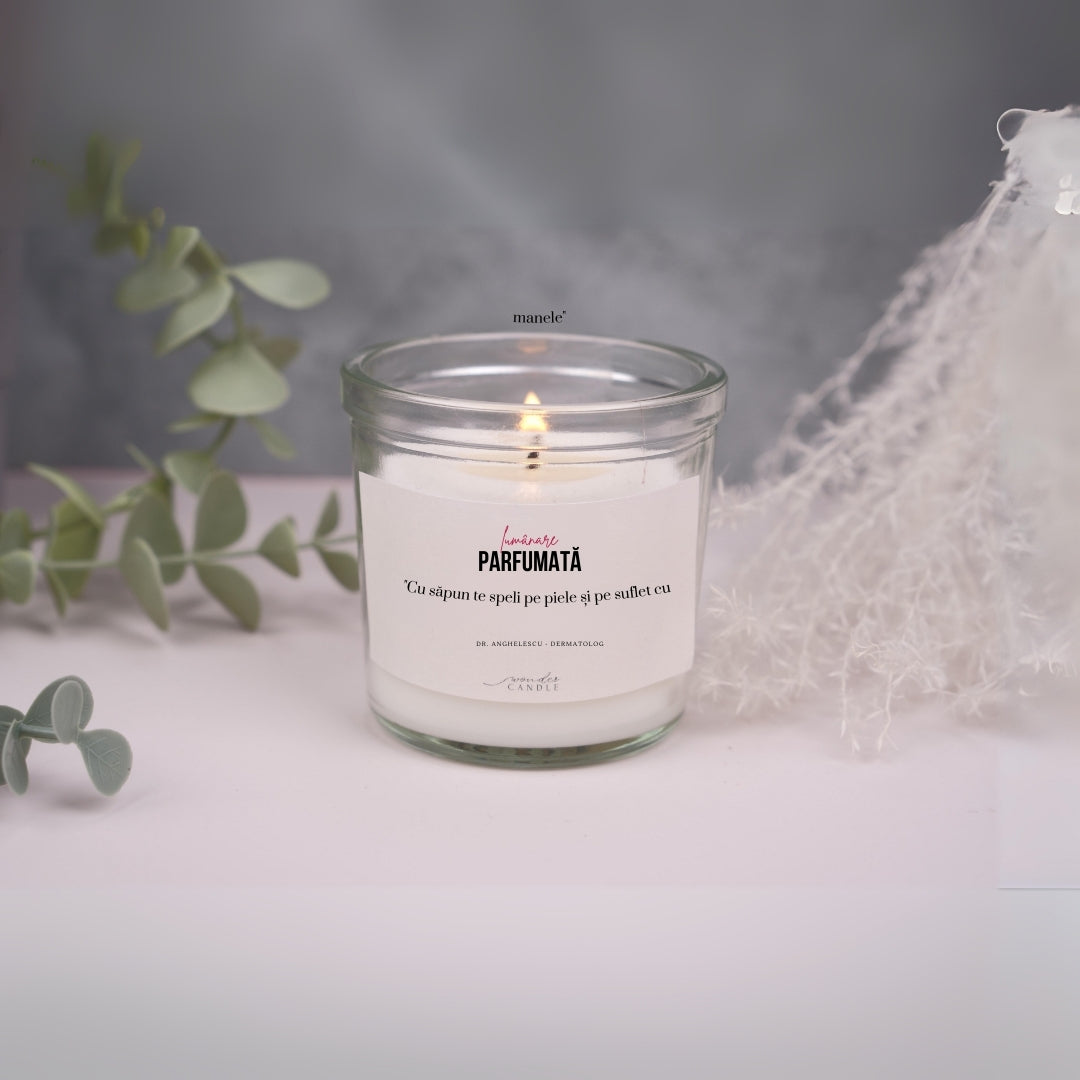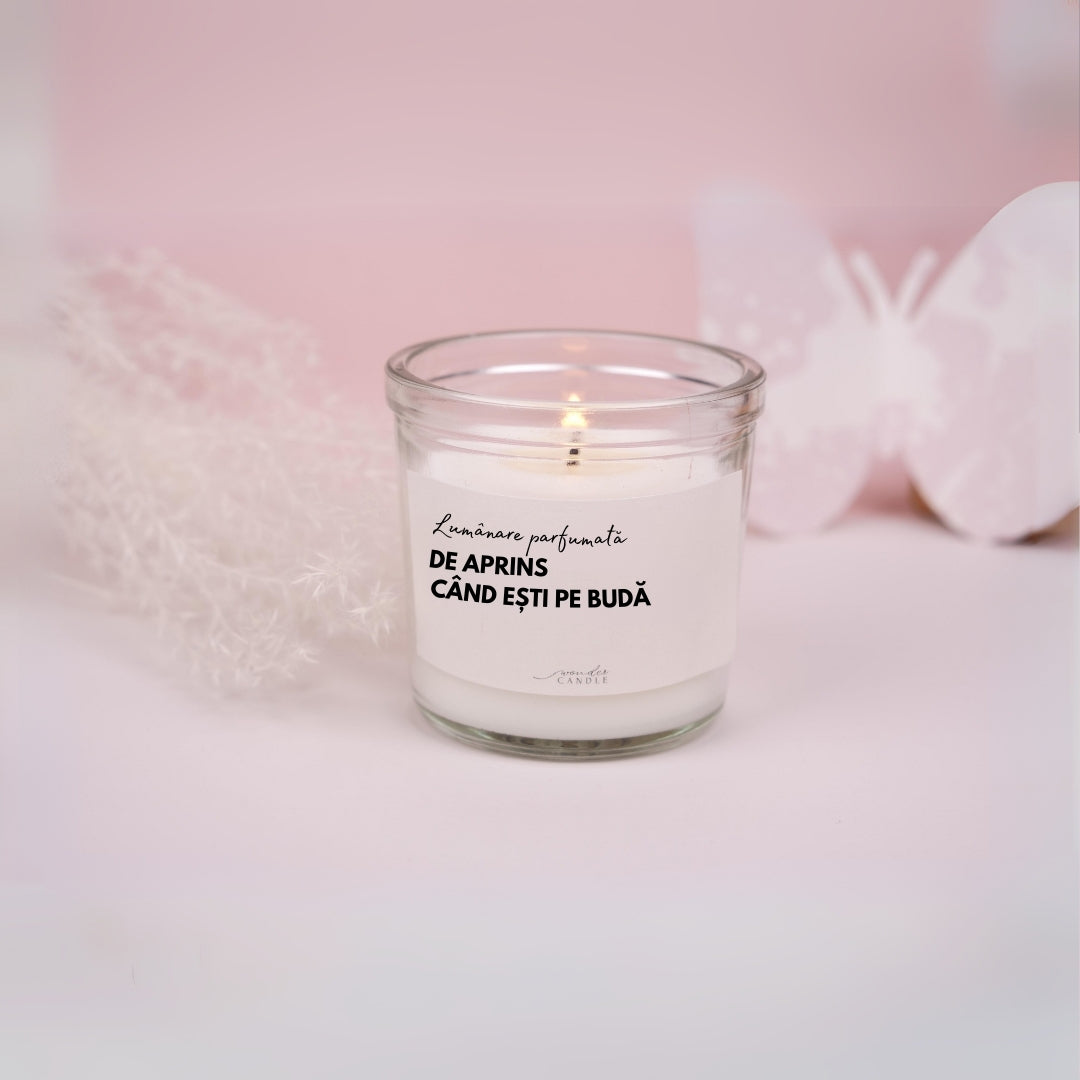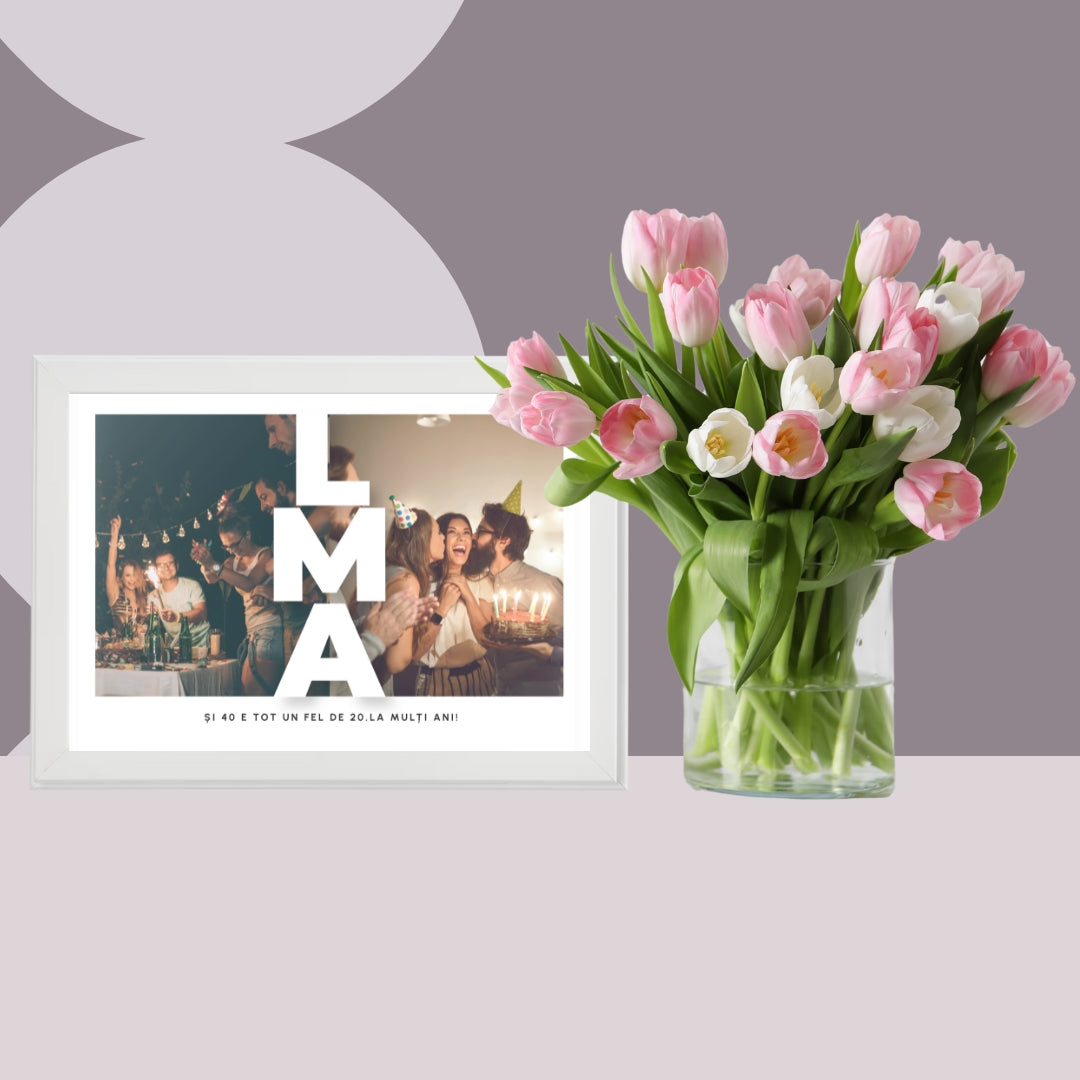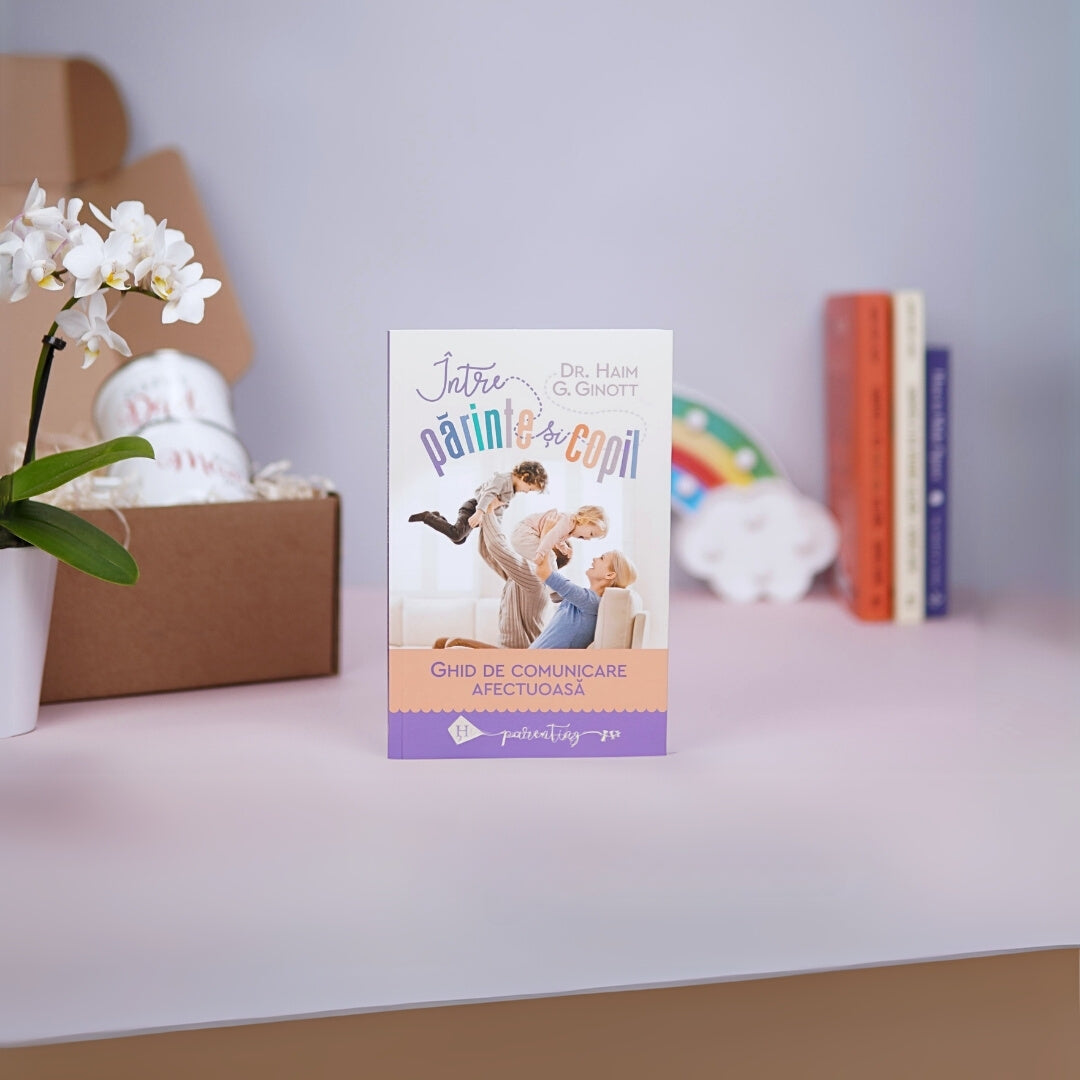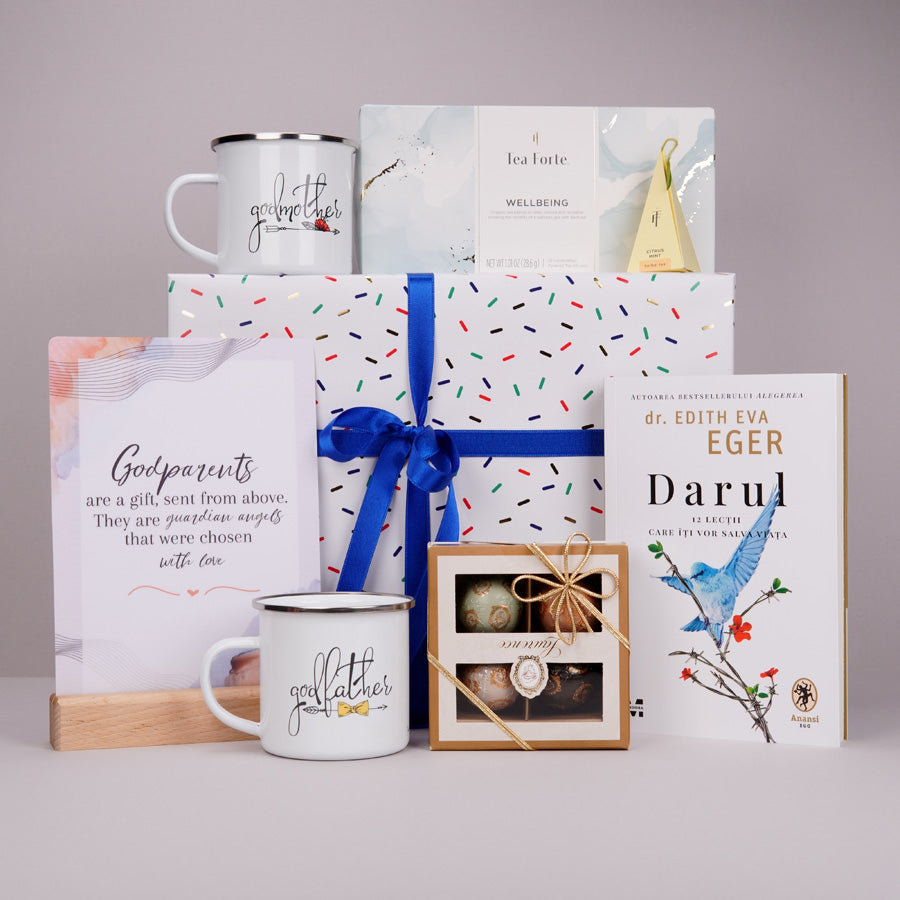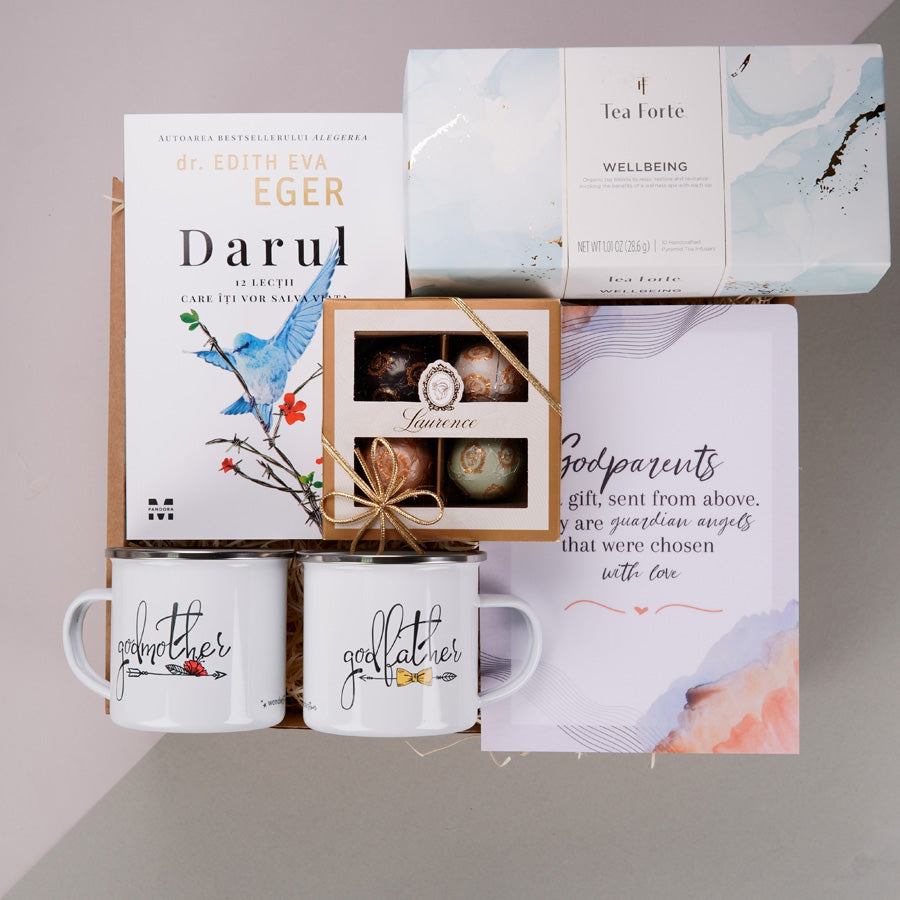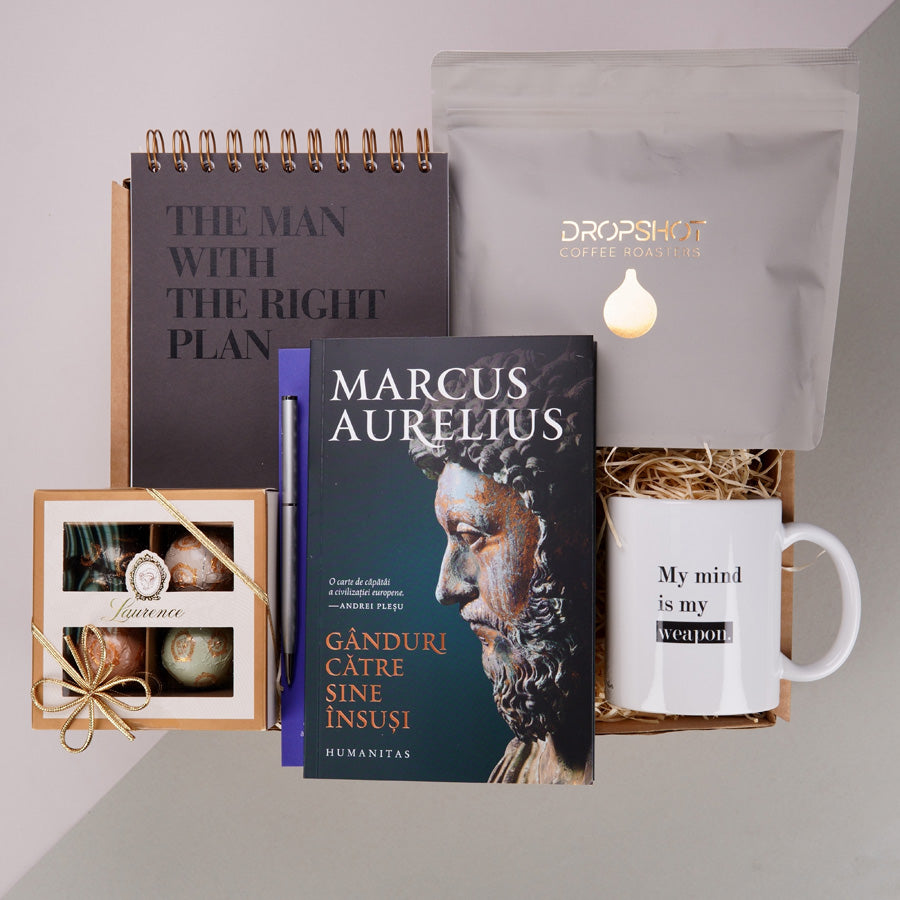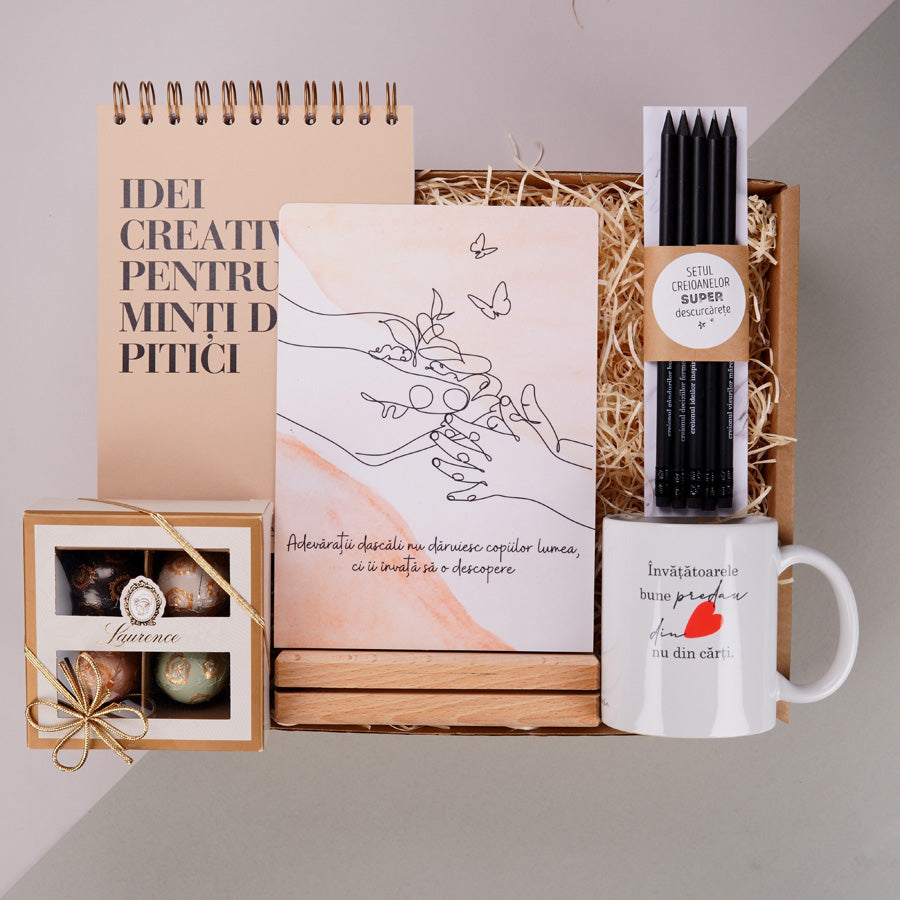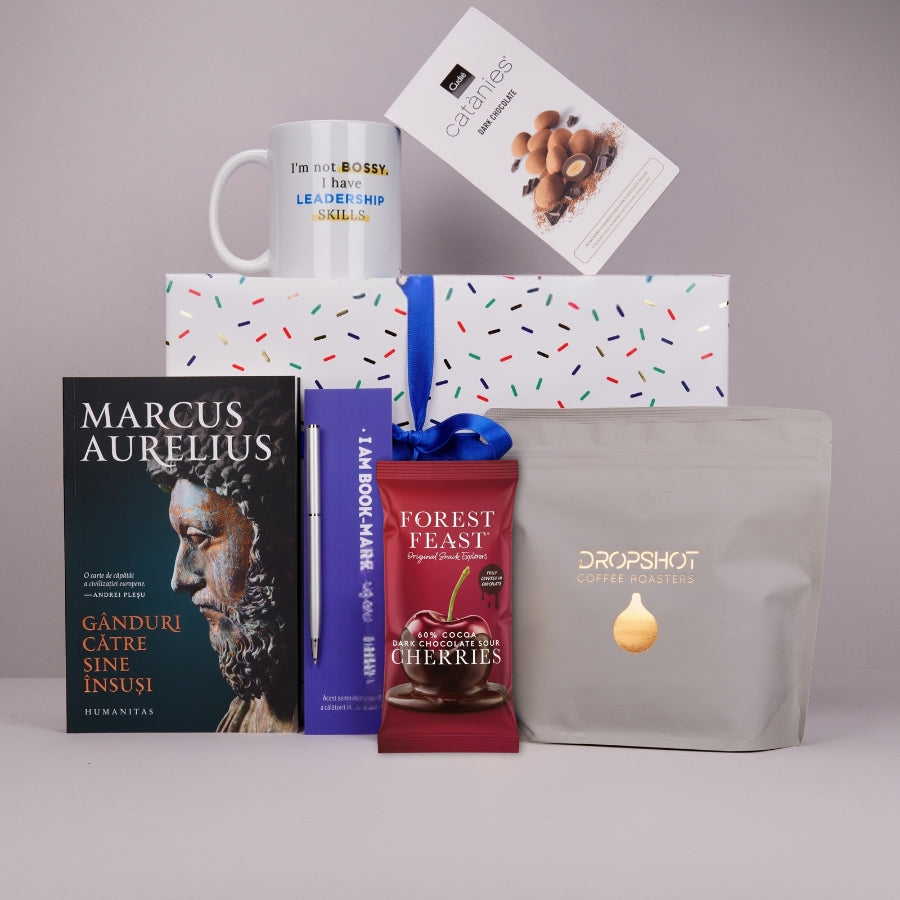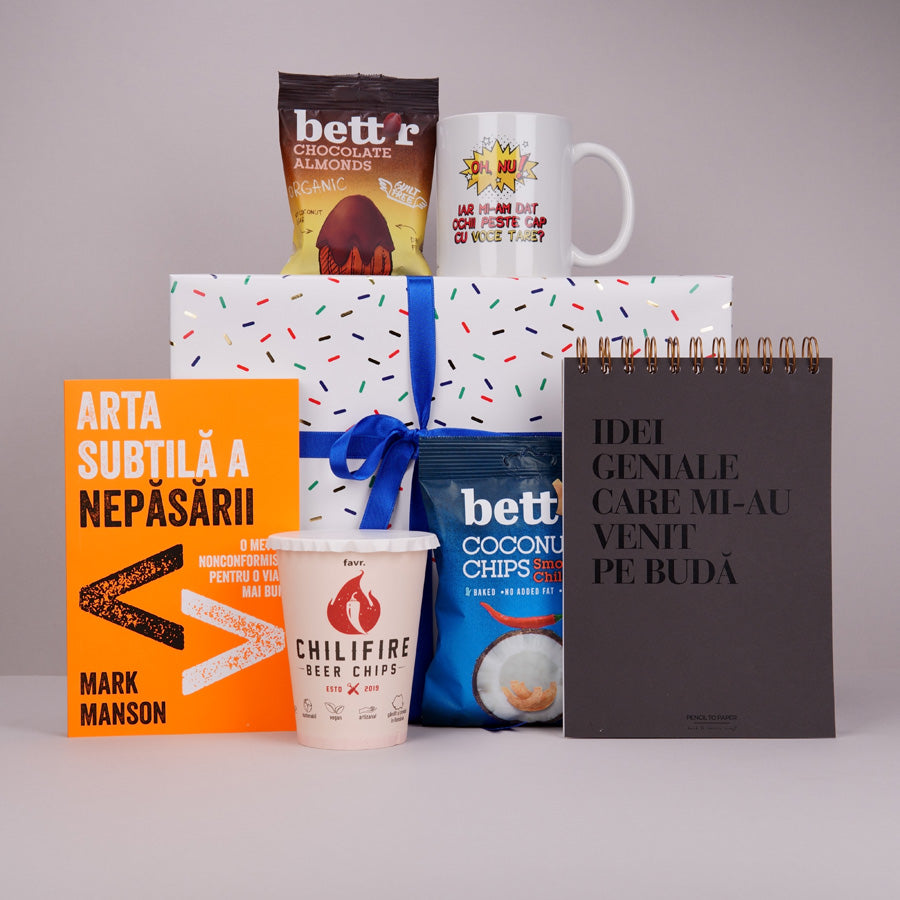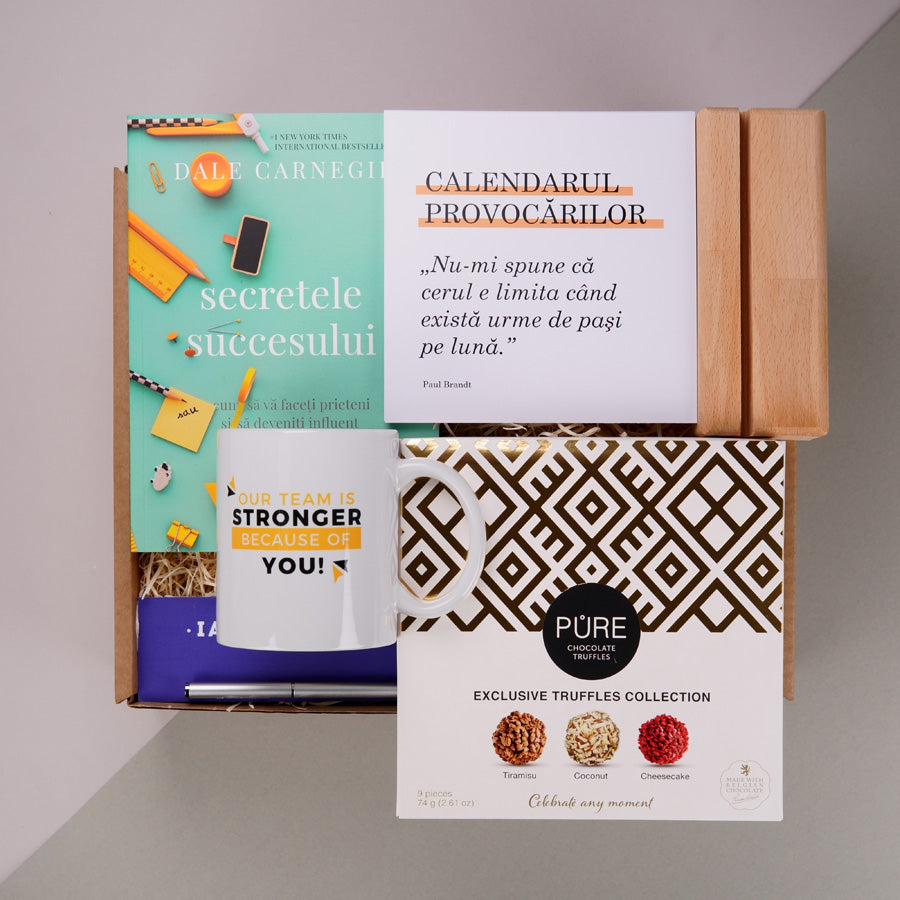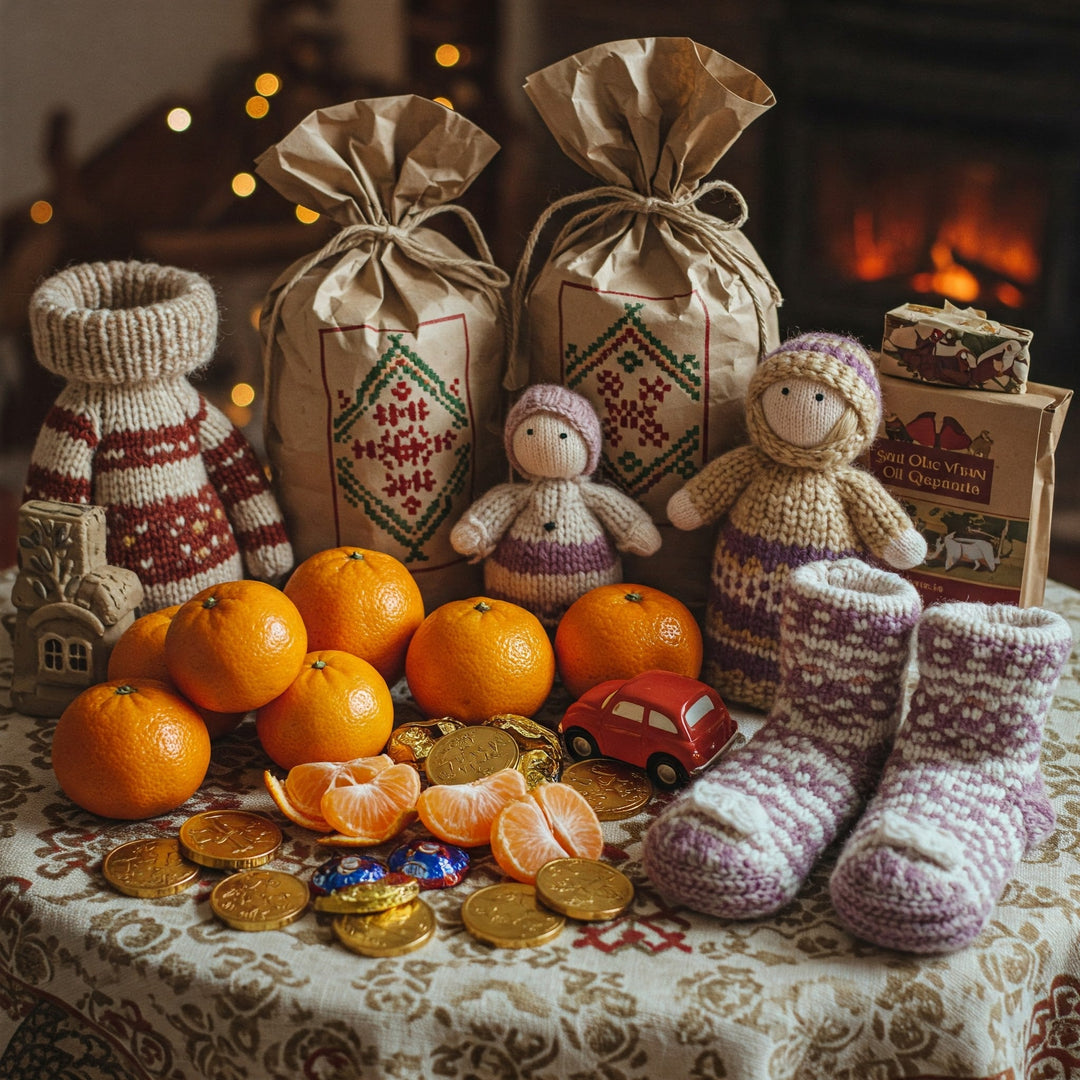Understanding the Meaning of Easter Gifts
In the context of the Easter holiday, gift-giving goes beyond a simple commercial exchange. It is a way to express affection, to strengthen family ties, and to celebrate together the joy of Resurrection and the spirit of spring. Easter gifts become tangible symbols of these feelings, conveying subtle messages about our relationships and the values we cherish.
Although modern popular culture has emphasized the commercial aspects of Easter, with an abundance of sweets and toys, the essence of Easter gift-giving remains anchored in the idea of generosity, love, and caring for loved ones. Even amidst the commercial enthusiasm, the message "intention matters" reminds us that the real value of an Easter gift is closely tied to the emotion and thought invested in its choice and giving.

A Brief Symbolic History of Easter Gifts (Adapted)
Although there is no established saying about "intentions matter" specific to Easter, the principle is implicit in the traditions of the holiday. Since ancient times, spring gift exchanges have been linked to the celebration of rebirth and the fertility of nature. The egg, the central symbol of Easter, has been given as a gift since the time of the Persians and Egyptians as a symbol of new life. Christians adopted the egg, coloring it red to symbolize the blood of Christ and the Resurrection.
Later, in the Middle Ages, Easter gifts evolved to include special foods and crafts. In the modern era, bunny symbols and sweets became prominent, but the central idea of giving something meaningful, not just expensive, persisted. Throughout history, the act of Easter gift-giving has been less about monetary value and more about symbolic and emotional value.
Why Does Intention Matter More Than Easter?
Easter is a deeply emotional and spiritual holiday. It is a time of reflection, renewal, and celebration of fundamental values such as love, sacrifice, and hope. In this context, Easter gifts become more than just objects; they become messengers of these values.
Expressing Family Affection
Easter is often a family holiday. Gifts become a way to strengthen the bonds between family members, show care, and create fond memories together. A thoughtful gift for a family member shows that you know them, appreciate them, and are thinking about their needs and desires.
The Symbolism of Spring and Rebirth
Easter marks the arrival of spring, a time of rebirth and new beginnings. Gifts can symbolize this new cycle, bringing joy and freshness. Spring flowers, plants, or even a gift that encourages outdoor activities can reflect this spirit.
The Spiritual Dimension of the Holiday
For many, Easter has a deep religious significance. Gifts can be a subtle way to share this faith, offering religious-themed books, symbolic objects, or even contributing to a charitable cause in the spirit of the holiday. The intention behind such a gift can be more valuable than any amount of money.
Creating Traditions and Memories
Giving Easter gifts, repeated year after year, helps create family traditions. These traditions become precious memories, linked to positive emotions and a sense of belonging to a group. A gift given with love and attention helps build these lasting memories.

When Does Intention Not Seem to Matter at Easter?
Even in the context of Easter, a holiday full of positive emotion, good intentions can sometimes be misunderstood or not appreciated in the desired way. Delicate situations can arise:
Gifts That Don't Fit Your Tastes
As with any gift-giving situation, an Easter gift, no matter how well-intentioned, may simply not be to the recipient's taste. A chocolate bunny for someone on a diet, or a noisy toy for someone seeking peace and quiet, may be examples of inappropriate gifts.
Excessive Emphasis on Material Value
In a consumer society, there is a risk that too much emphasis may be placed on the monetary value of Easter gifts. If a gift is perceived as cheap or effortless, even if the intention was good, it can be misinterpreted as a lack of consideration.
Standardized and Impersonal Gifts
Gifts bought in a hurry, without personal thought, can convey a message of indifference, even if they were given with the intention of respecting tradition. A pre-packaged Easter basket, without a personal note, can be perceived as a formal gesture, lacking warmth.
Deficit Offering Mode
Even a wonderful, carefully chosen gift can be overshadowed by the way it is given. A carelessly thrown gift, without a warm word or a sincere smile, can send a contradictory message, nullifying the good intention.

How to Make Sure Our Intention Really Matters at Easter?
For our good intentions to be felt and appreciated at Easter, it is important to pay attention to several aspects:
Know the Recipient
The most important step is to think about the person you are giving the gift to. What are their tastes, interests, values? What would truly bring them joy on Easter? A personalized gift, tailored to the recipient's individuality, will send a strong message of attention and care.
Personalize the Gift
Even a modest gift can become special if it is personalized. A handwritten card, a touching message attached to the gift, or even a creative presentation can add a personal touch that emphasizes the intention.
Offer Experiences, Not Just Objects
In the spirit of spring and spending time together, consider giving experiences instead of material objects. A nature trip, a festive meal prepared together, tickets to a special event, or a voucher for a recreational activity can be memorable gifts that strengthen relationships.
Emphasize Sincerity and Generosity
When giving a gift, do it with sincerity and warmth. Explain, if you feel the need, why you chose that particular gift, what inspired you. A sincere smile, a warm word, a hug, all of these complement the material gift and emphasize the good intention.
Don't Be Afraid to Ask
If you're unsure about a gift, don't hesitate to subtly ask the recipient what they would like. A discreet question can avoid an inappropriate choice and show that you truly care about the other person's pleasure.
Conclusion: The Spirit of Easter is Reflected in the Intention of Giving
Giving Easter gifts is a beautiful tradition, but its true value is not measured by the price of the gifts, but by the intention behind them. While chocolate bunnies and colored eggs bring visual and gustatory joy, gifts given with thought, sincerity, and generosity resonate much more deeply with the spirit of Easter. During this special time, let us remember that the most precious gift we can give is our attention, love, and our sincere intention to bring joy and blessing into the lives of our loved ones. Have a happy Easter full of beautiful intentions!


